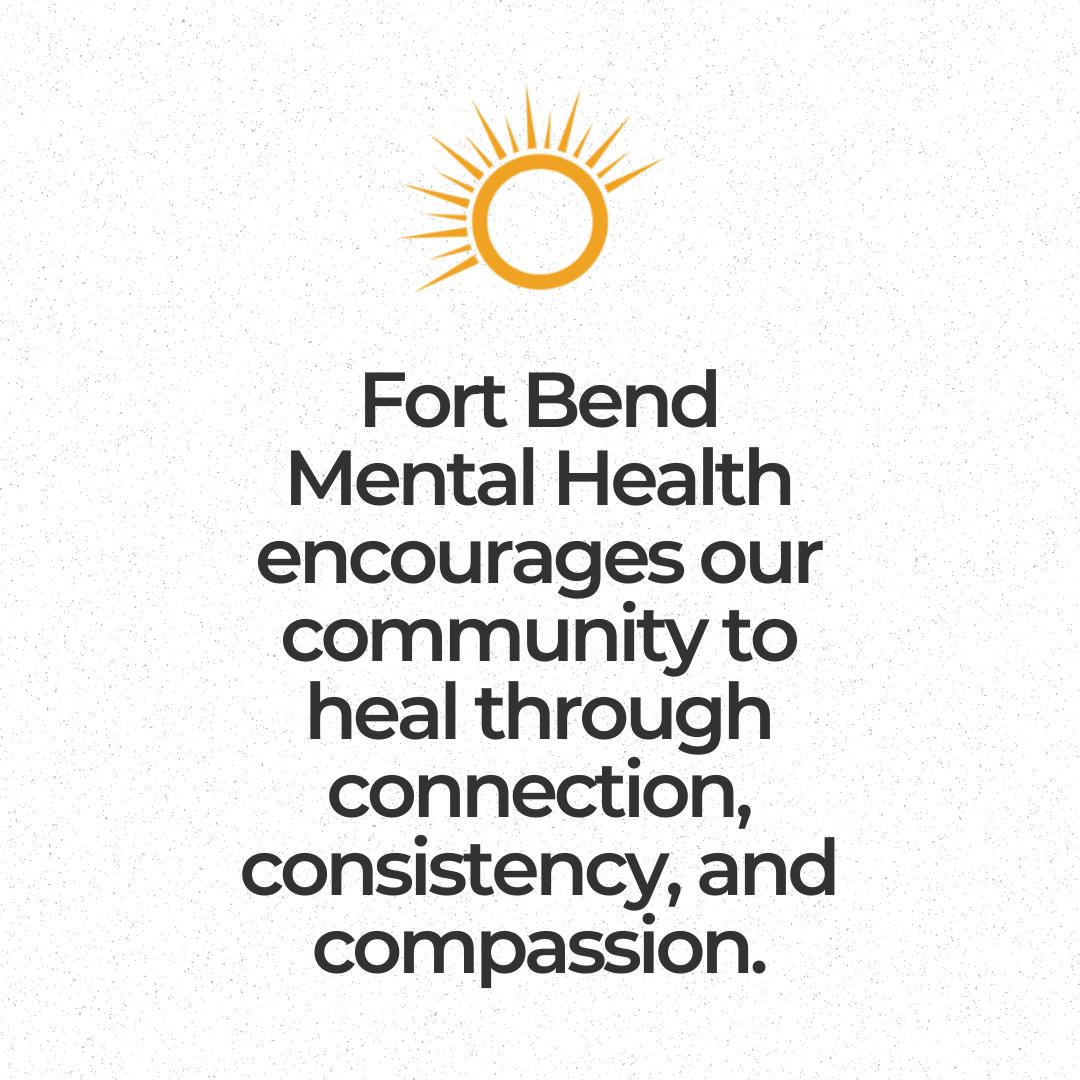How To Support Someone After A Suicide Loss
When someone you care about loses a loved one to suicide, it’s natural to want to help—but often, we’re unsure what to say or do. The most healing support isn’t about saying the perfect thing; it’s about showing up, listening, and staying present over time.
Here are some meaningful, compassionate ways to help:
Show up—and keep showing up. Grief doesn’t end after the service. Continue to reach out with simple gestures: a meal, a message, or an invitation for coffee. Your steady presence helps them feel less alone.
Listen without judgment. Allow silence. Let them share memories, anger, or questions. Listening to or sharing stories of the person who died can be deeply comforting—it helps create a sense of connection and continued love. (Learn more about supportive conversations through AFSP’s Caring Conversations at afsp.org/caringconversations.)
Offer practical help. “Let me know if you need anything” can feel overwhelming. Instead, suggest specific tasks: grocery runs, childcare, meal delivery, or handling small errands.
Remember important dates. Reach out on birthdays or anniversaries. A short text can mean more than you realize.
Encourage healing and connection. Gently suggest survivor support groups or counseling. If cost is a concern, consider organizing a small, crowdfunded counseling fund in their honor.
Supporting someone after suicide loss doesn’t require grand gestures—it’s about consistent, caring action. Every kind word, every moment of listening, and every small act of love helps rebuild hope.
If you or someone you know is having a mental health crisis, trained support you can trust is available now. Call or text 988.
If you need emergency services, call 911 and request the Crisis Intervention Team.
For more local mental health resources, subscribe and follow @fbmentalhealth.


